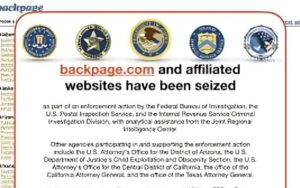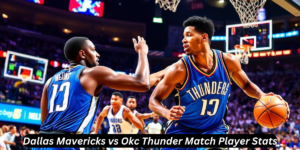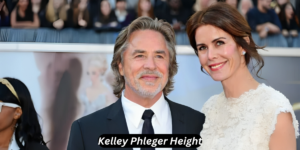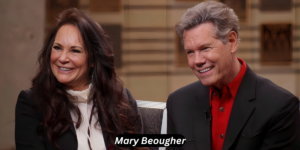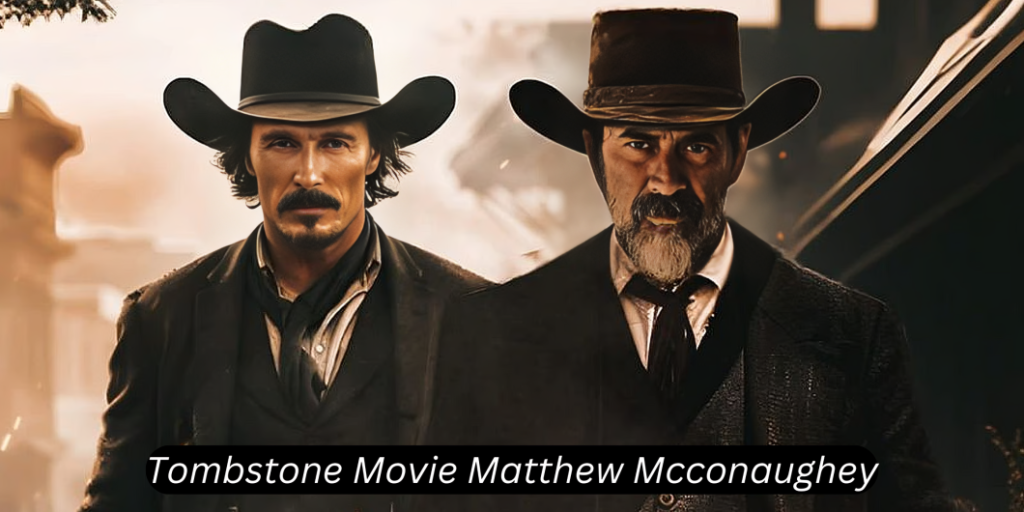
Tombstone, a 1993 Western classic, has stood the test of time as one of the most celebrated films in the genre. Chronicling the legendary Gunfight at the O.K. Corral and the lives of the infamous Earp brothers, the movie is often revered for its gripping storytelling, larger-than-life characters, and stellar performances. However, there’s a surprising connection to another Hollywood icon that often intrigues fans: Matthew McConaughey. Although McConaughey did not appear in the final version of Tombstone, his rumored involvement and near-casting remain a fascinating topic in the film’s history.
In this article, we’ll explore the impact of Tombstone on the Western genre, delve into McConaughey’s ties to the project, analyze the iconic performances that define the film, and discuss how Tombstone paved the way for modern Westerns. By weaving McConaughey’s Western appeal with the legacy of Tombstone, we’ll uncover the lasting allure of this cinematic masterpiece.
The Timeless Appeal of the Western Genre
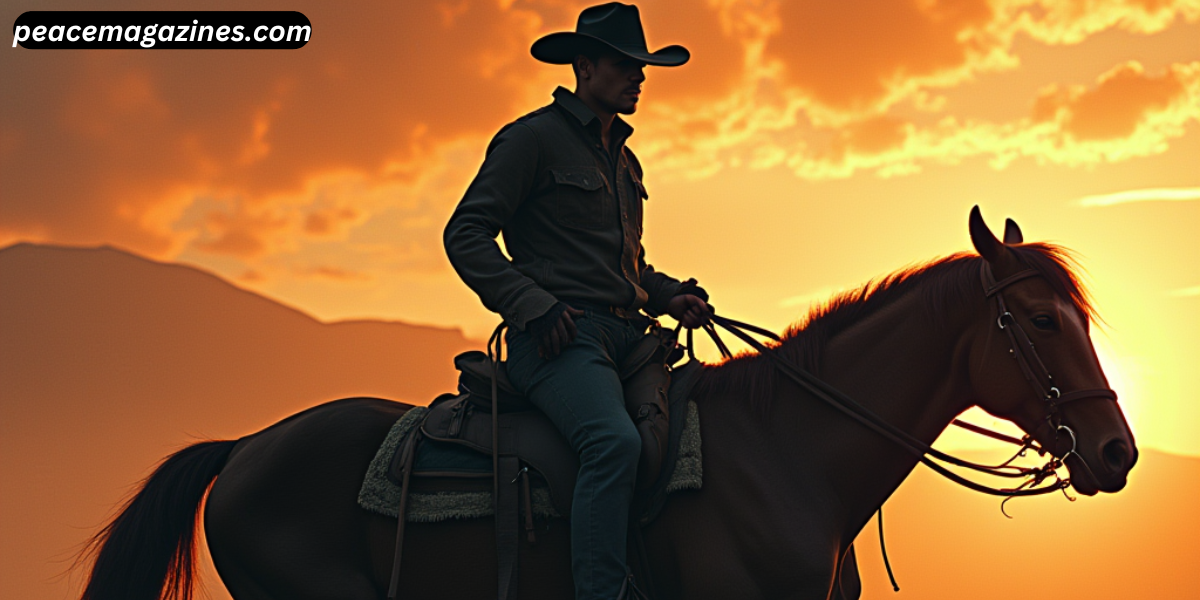
Before diving into Tombstone and McConaughey’s connection, it’s essential to understand the Western genre’s enduring legacy. Westerns are rooted in the mythology of the American frontier, where themes of justice, loyalty, and survival dominate. From the early silent films of the 1920s to contemporary dramas, Westerns have evolved but remain relevant because of their universal themes.
Defining Characteristics of Western Films
Western films typically feature:
- Law vs. Outlaws: A recurring conflict between justice and chaos, embodied by lawmen like Wyatt Earp or outlaws like Billy the Kid.
- Harsh Landscapes: The rugged backdrop of deserts, mountains, and small frontier towns symbolizes both freedom and danger.
- Moral Dilemmas: Protagonists often face complex choices between right and wrong, making them morally ambiguous heroes.
- Iconic Props: Cowboy hats, revolvers, and horses are visual staples that create an authentic Western atmosphere.
The Evolution of Westerns
The genre has undergone significant transformations, from the heroic tales of John Wayne in Stagecoach (1939) to the gritty realism of Unforgiven (1992). Films like Tombstone reflect a modern sensibility, blending historical accuracy with dynamic storytelling.
Tombstone: A Snapshot of 1990s Western Cinema
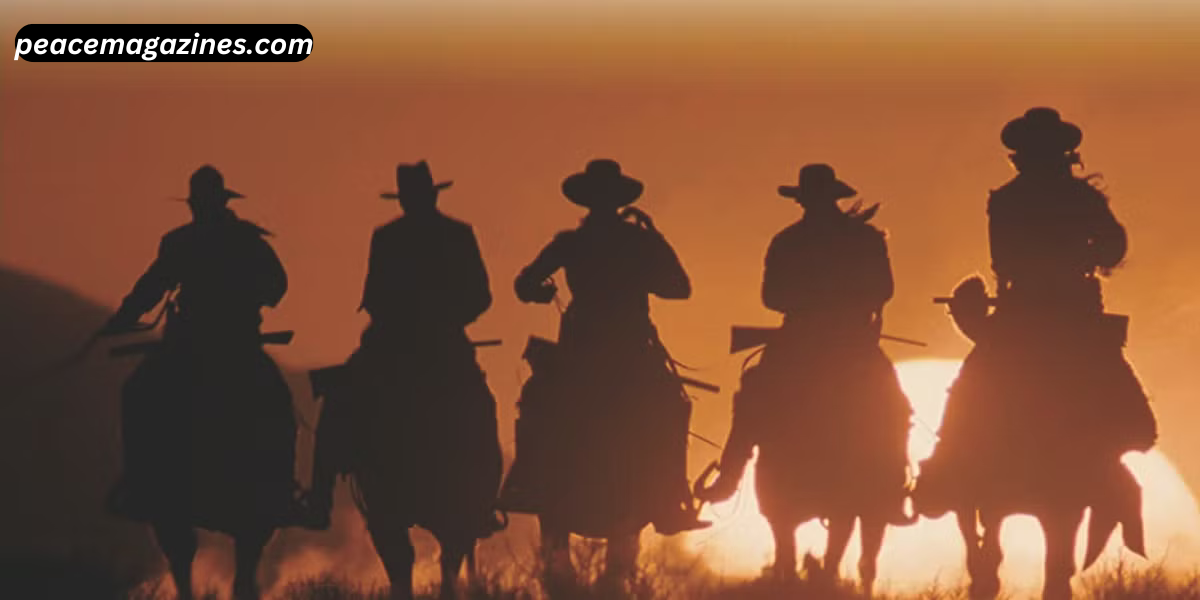
Released in 1993, Tombstone was a breath of fresh air for a genre that had been overshadowed by the rise of action and sci-fi films. Directed by George P. Cosmatos and featuring a stellar cast, the film brought the story of Wyatt Earp and his companions to life with raw emotion and visceral action.
Historical Context
The film is set in the 1880s in Tombstone, Arizona, a boomtown rife with lawlessness and corruption. The story revolves around Wyatt Earp (Kurt Russell), his brothers, and his loyal friend Doc Holliday (Val Kilmer) as they attempt to bring order to the town while grappling with personal losses and moral dilemmas.
Production Challenges
Tombstone faced several hurdles during production, from script rewrites to disputes over creative control. Original screenwriter Kevin Jarre was initially slated to direct but was replaced by Cosmatos due to creative differences. Despite these challenges, the film’s final cut became a triumph, earning both critical acclaim and box-office success.
Matthew McConaughey’s Connection to Tombstone
Almost Cast as Billy Clanton
One of the most intriguing tidbits of Tombstone lore is the rumor that Matthew McConaughey was considered for the role of Billy Clanton, a member of the Clanton gang. At the time, McConaughey was still in the early stages of his career, with his breakout role in Dazed and Confused (1993) marking him as a rising star. His rugged good looks and charismatic presence made him a natural fit for the Western genre.
Although the role ultimately went to Thomas Haden Church, McConaughey’s potential involvement added an extra layer of intrigue to Tombstone’s legacy. McConaughey later carved his niche in roles that embody the Western spirit, such as his Emmy-winning turn in True Detective (2014).
Why McConaughey Was a Perfect Fit
Had McConaughey been cast in Tombstone, his smooth Texan drawl and smoldering intensity would have brought a unique edge to the character of Billy Clanton. His acting style, which blends charm with a hint of danger, aligns perfectly with the film’s tone.
The Cast of Tombstone: A Masterclass in Acting
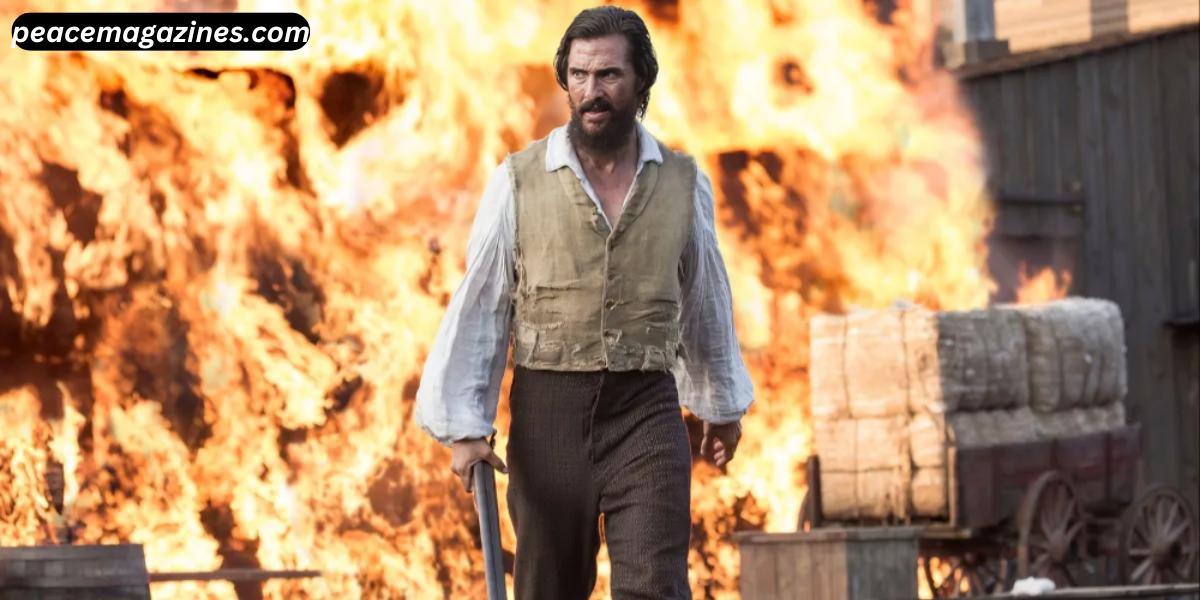
While McConaughey didn’t make it into Tombstone, the cast delivered performances that have since become iconic. Let’s take a closer look at the key players.
Kurt Russell as Wyatt Earp
Kurt Russell’s Wyatt Earp is the heart of the film, a man torn between his desire for a peaceful life and his duty to uphold justice. Russell’s nuanced portrayal captures the strength, vulnerability, and inner turmoil of a legendary lawman.
Val Kilmer as Doc Holliday
Val Kilmer’s performance as Doc Holliday is widely regarded as one of the greatest in Western cinema. From his sardonic wit to his poignant vulnerability as a man battling tuberculosis, Kilmer’s Holliday steals the show. His line, “I’m your huckleberry,” remains one of the film’s most quoted moments.
Sam Elliott as Virgil Earp
Sam Elliott’s gravitas as Virgil Earp adds depth to the film. With his iconic voice and stoic demeanor, Elliott perfectly embodies the steadfast older brother and moral compass of the Earp family.
Thomas Haden Church as Billy Clanton
While McConaughey might have brought a different energy to Billy Clanton, Thomas Haden Church’s portrayal stands out for its raw intensity. His volatile presence adds a layer of unpredictability to the Clanton gang.
The Impact of Tombstone on the Western Genre
Reviving a Dying Genre
By the early 1990s, Westerns were no longer dominating Hollywood as they once did. Tombstone helped rejuvenate interest in the genre, combining traditional Western elements with modern cinematic techniques.
A Template for Modern Westerns
The success of Tombstone paved the way for other films like 3:10 to Yuma (2007) and The Assassination of Jesse James by the Coward Robert Ford (2007). Its balance of historical accuracy and emotional storytelling set a new standard for Westerns.
Iconic Dialogue and Pop Culture Legacy
Lines like “I’m your huckleberry” and “You’re a daisy if you do” have become ingrained in pop culture, ensuring the film’s lasting appeal.
Matthew McConaughey and the Western Spirit
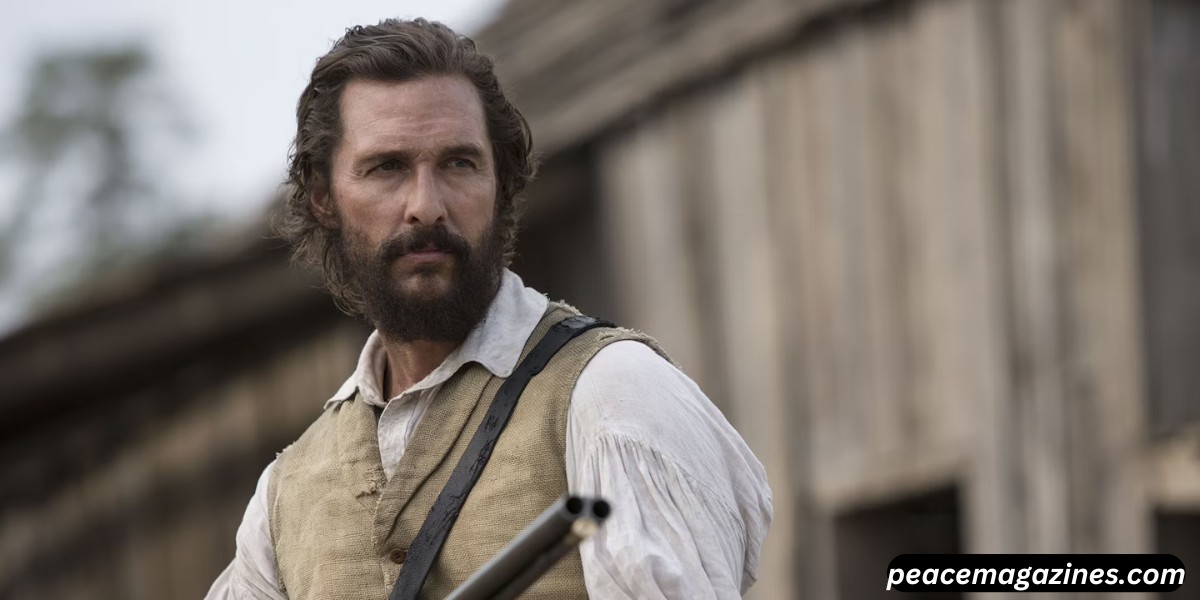
Although he wasn’t part of Tombstone, McConaughey has since solidified his place in roles that evoke the Western ethos.
True Detective (2014)
McConaughey’s role as Rust Cohle in True Detective showcased his ability to bring depth and complexity to a gritty, morally ambiguous character. The series’ Southern Gothic aesthetic and themes of justice echo the spirit of Westerns.
Other Western-Inspired Roles
McConaughey’s roles in films like The Newton Boys (1998) and Mud (2012) further highlight his connection to the rugged, independent characters often found in Westerns.
For More Information Visit: Peace Magazines
Conclusion
While Matthew McConaughey’s involvement in Tombstone remains a “what if” scenario, the film’s legacy as a Western classic is undeniable. Its stellar cast, gripping narrative, and iconic moments have cemented its place in cinematic history. McConaughey, though absent from this particular film, continues to embody the spirit of the Western through his diverse and compelling performances.
As fans revisit Tombstone and explore McConaughey’s career, one thing is clear: both the actor and the movie have left indelible marks on the world of storytelling, inspiring new generations to embrace the timeless allure of the Western genre.

